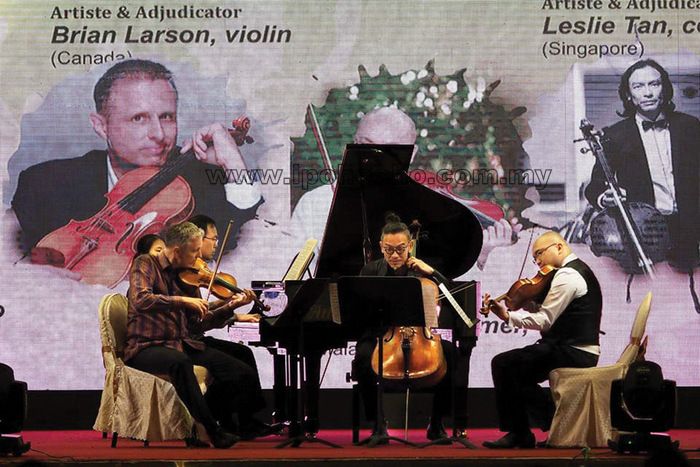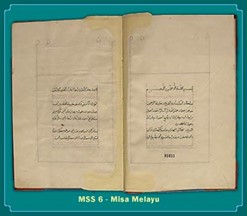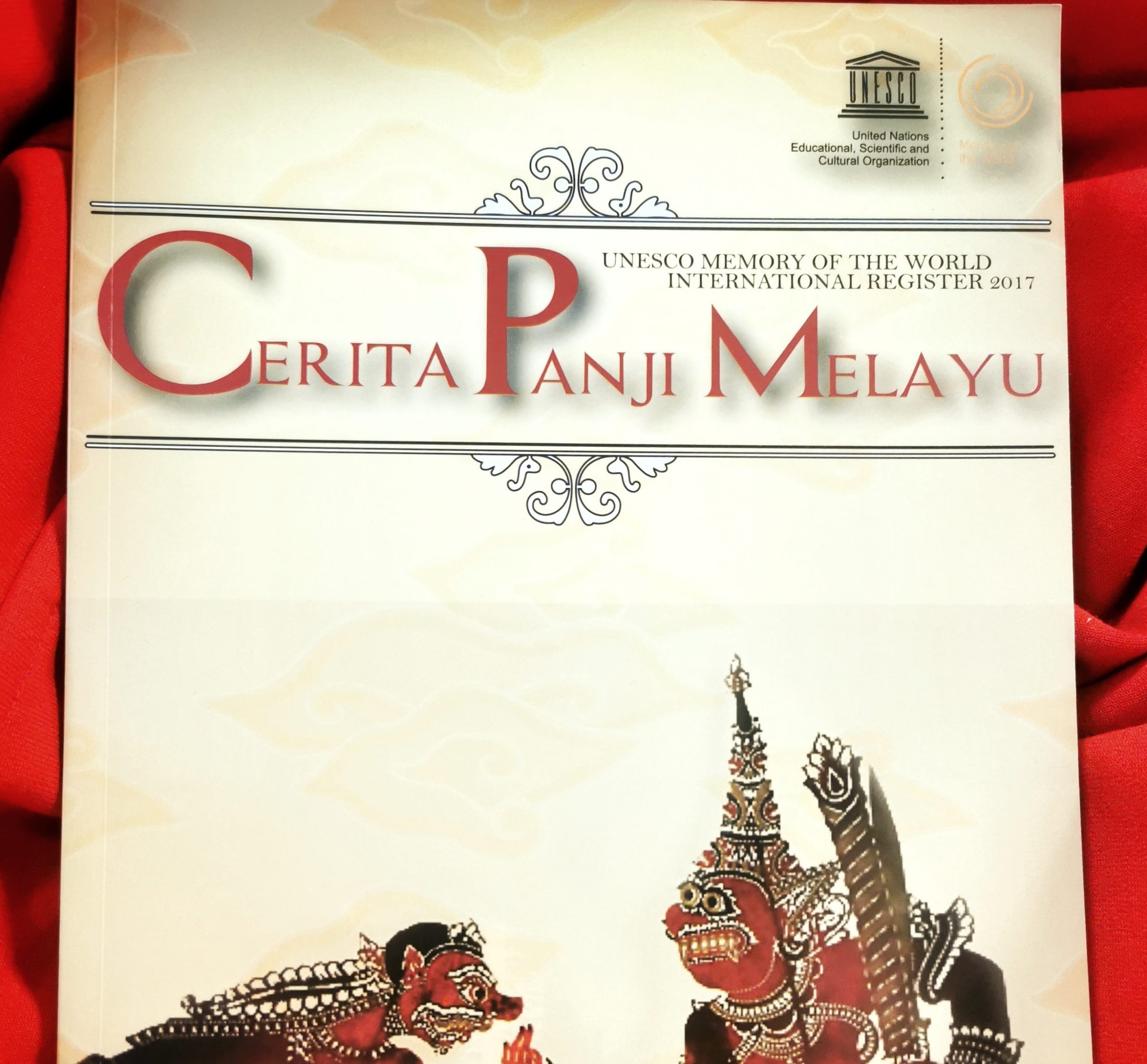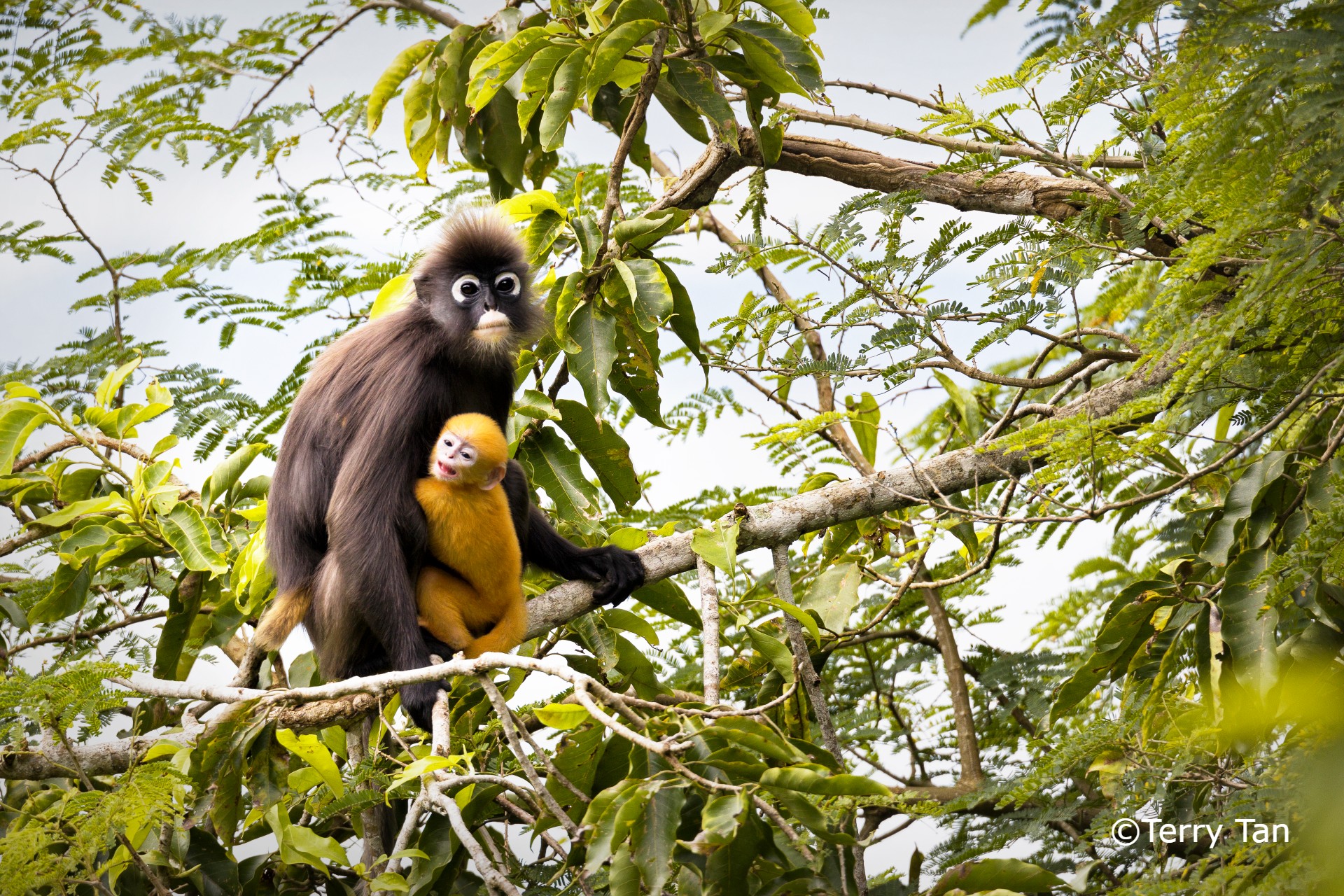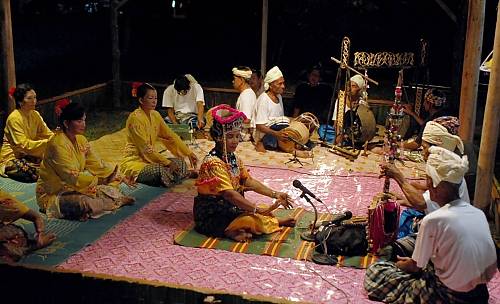Inscribed in 2023 on the List of Intangible Cultural Heritage in Need of Urgent Safeguarding.
Mek Mulung is a traditional Malaysian performance involving acting, dialogue, singing and dancing. Originating in the village of Wang Tepus, it is performed by a group of fifteen to twenty people, accompanied by a music ensemble consisting of traditional percussion and wind instruments such as drums, clappers and a gong.
Mek Mulung follows a set structure and is performed in an open barn, with the spectators surrounding the performers. The main characters in a Mek Mulung performance are the king and princess, both of whom wear traditional dress, as well as the shaman, maids and antagonists. Originally, the actors were all men, some of whom wore women’s clothes for the female roles; nowadays it is practised by men and women. Initially performed as a celebration and expression of gratitude following a good harvest, Mek Mulung begins with a communal feast on the day before the performance for the artists and their neighbours, friends and guests.
Traditionally, the knowledge and skills related to Mek Mulung are passed down orally by practitioners to their children. Today, the practice is also transmitted in schools and universities, and through seminars, workshops, forums and cultural festivals and festivities. The celebration is viewed by practising communities as a means of promoting lively social interaction and dialogue.




